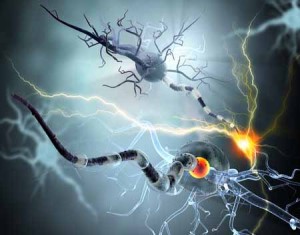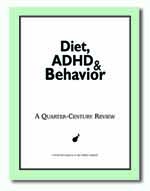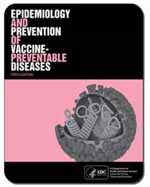 Research in Developmental Disabilities. 2014 Dec; 35(12): 3236-44
Research in Developmental Disabilities. 2014 Dec; 35(12): 3236-44
Children with epilepsy often have other neurological problems such as autism and ADHD. This paper is a detailed report on four children with epilepsy as well as symptoms of PDA (Pathological Demand Avoidance). These four represent 5% of the observed group of 85 children with epilepsy. They were identified by the study research psychologist as “presenting with clinically impairing difficulties associated with avoidance of everyday demands and requests, and extreme behaviour in response to demands.” Their parents completed the EDA-Q (see O’Nions 2014 for more information).
Three of these children scored in the PDA range of the EDA-Q, and the clinicians felt the one who scored somewhat below the threshold nevertheless displayed behavior consistent with PDA. All four of them had their first seizure before the age of 5, and met criteria for ADHD; three for ASD (Autism Spectrum Disorder), three for DCD (Developmental Coordination Disorder), and two for ODD (Oppositional Defiant Disorder). All four were on medication for behavioral symptoms. Their symptoms and behavior are described in detail in this study.
QUOTE: “What appears to differentiate those described as having PDA is that they appear to have a level of social insight unusual in most children with ASD, and may use frequent and varied socially manipulative strategies to avoid complying with requests. They may also resort to extreme behaviour apparently intended to shock. … Furthermore, ASD-appropriate strategies, such as routine and repetition, are anecdotally reported to be unhelpful in these children.”
QUOTE: “Symptoms of PDA should be considered when evaluating neurobehavioural comorbidity in childhood epilepsy.”
QUOTE: (in the Conclusion): “Chldren with epilepsy often present with multiple neurobehavioural difficulties, and it would appear that extreme demand avoidance should be a further consideration with respect to assessment, particularly in those who are “motor clumsy” or who do not respond to approaches that commonly work for children with ASD, ADHD or conduct problems. We would argue that Extreme Demand Avoidance (EDA) might be a more appropriate and acceptable term to describe this profile.”
MedLine || Full Text || Get Password
| More Studies on PDA/EDA: | Resources for PDA/EDA:
|





















